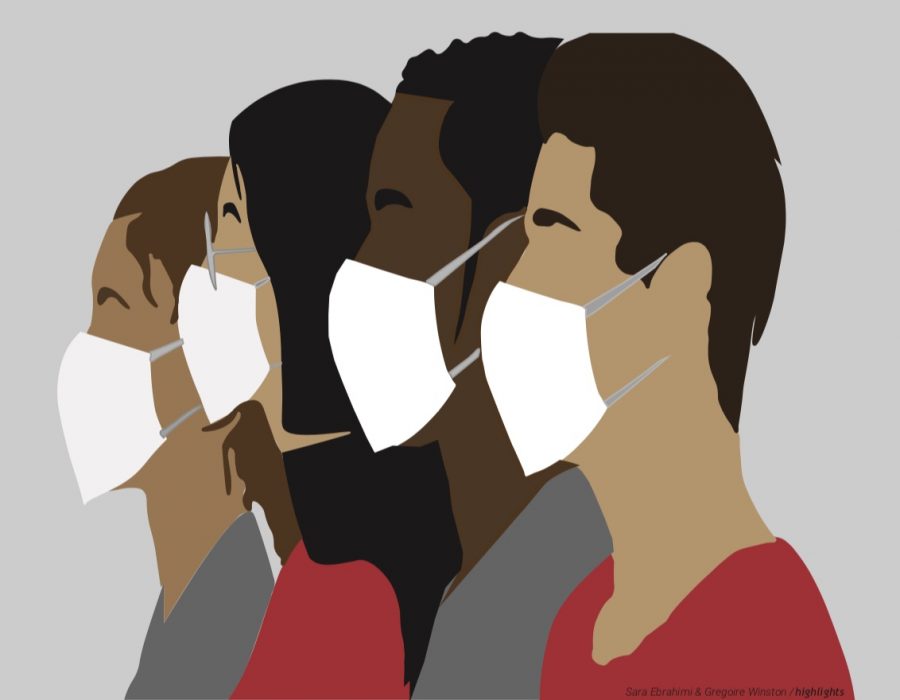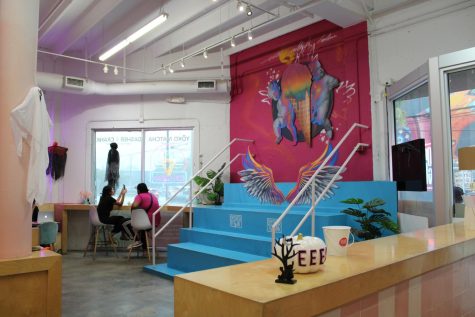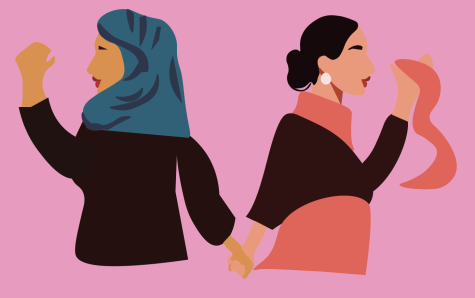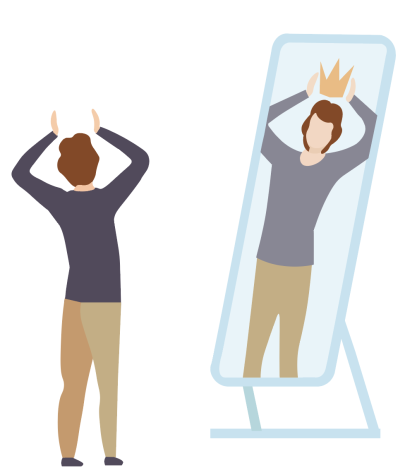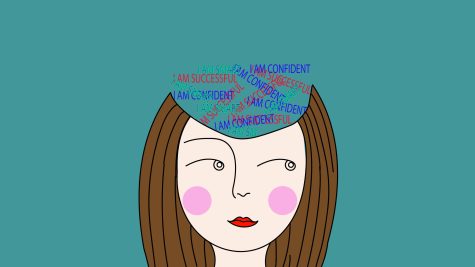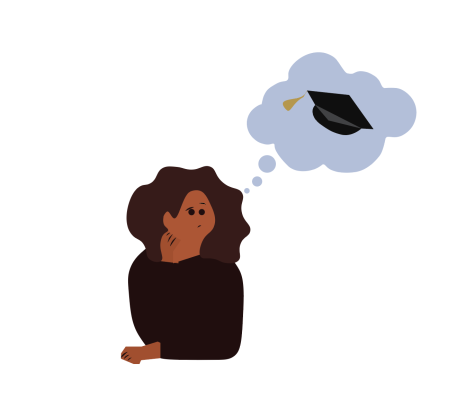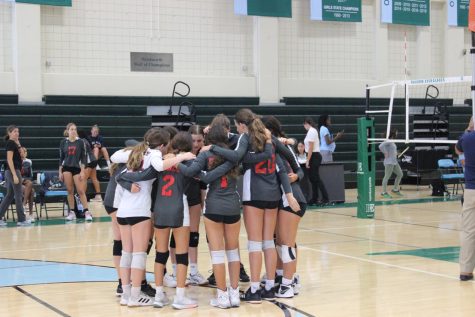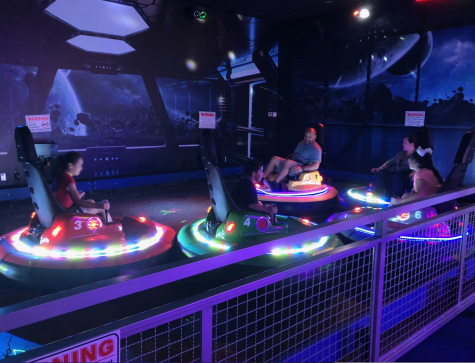My Experience with the Coronavirus
Senior Alexandra Torres shares her past experience dealing with the Coronavirus, giving advice to other students on how to approach the pandemic’s side effects.
With coronavirus being one of the only conversation topics in recent months, I mistakenly presumed I knew everything there was to know about the virus — every symptom, every case, every story. However, the one symptom that is often ignored—and arguably the one that affected me the worst—was loneliness, something seemingly unrelated yet considerably impactful.
When I tested positive in late July, I was shocked—yet incredibly relieved and grateful— to be entirely asymptomatic. I gravely underestimated the emotional and psychological impact the diagnosis would have on me because my experience with the virus didn’t seem to fit the stories making the front covers. Given that I was the only one in my family that tested positive, I was isolated in my room for two weeks, with no physical contact with anyone. Although I attempted to pass the time with endless hours of Criminal Minds and frequent Facetime calls, the lack of human connection, especially with my own family, led to loneliness that no amount of technology could dissipate.
“Having tested positive, it was a given that I couldn’t leave my house. I wasn’t able to go outside or just walk around my block without potentially running into someone on the sidewalk,” senior Kaitlyn Duardo said. “I definitely disconnected with a lot of people after not seeing them for a while.”
While this might sound trivial in comparison to the thousands of people who are hospitalized and dying, the mental health effects of the coronavirus are oftentimes left on the backburner. I began to miss parts of my daily routine I took for granted like petting my cat or going for a walk around my block. I felt filthy and untouchable, as I could risk someone’s life by leaving the four white walls that contained my disease.
Before I contracted the virus, I — like many teenagers — figured that my youth and decent health were safeguards and that even if I were to test positive, I would most likely have little to no symptoms. While the latter was true, I have since learned not to let my naivete cloud my judgment to the point where I put myself and others at risk.
“My patience runs thin as I’m sure most people’s do but after having been in quarantine for 40 days (I stopped exhibiting symptoms but continued to test positive), I realized that everything in life is its own course,” Duardo said. “I couldn’t change my medical results after wishing for several days that it’d go away.”
Not only were the pangs of loneliness and boredom overwhelming, but after I shed the virus a sense of guilt ensued as I contemplated what it meant to have survived something that so many people have died from. Although my guilt over not having symptoms was unwarranted, the reality is that I did not take Coronavirus seriously enough at the beginning and my careless actions could have been the cause of someone’s illness or even death; that guilt, on the other hand, was very much appropriate.
While it took me contracting the virus to grasp the gravity of the pandemic I am glad I now acknowledge the faults in my mindset just months ago. It’s too late now to go back two months and actually quarantine correctly, but I hope that in sharing this, those who still view the pandemic as a joke will take this as a warning — even without symptoms, the effects of the virus on one’s mental health can be irreversible. Comfort and entertainment are important, but not at the expense of others’ lives. Don’t let it get to the point where it’s too late.
Your donation will support the student journalists of Coral Gables Senior High School. Your contribution will help us cover our annual website hosting costs.
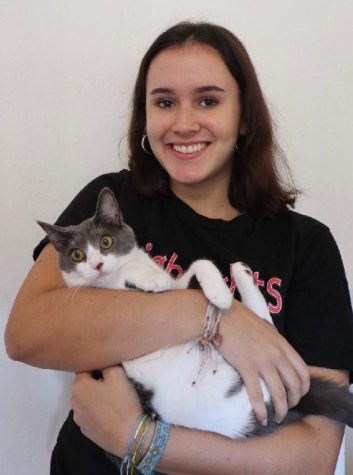
Alexandra Torres is a senior and the Editor-In-Chief of the school's "Sunshine Standout" newsmagazine, highlights. She is in the International Baccalaureate...


